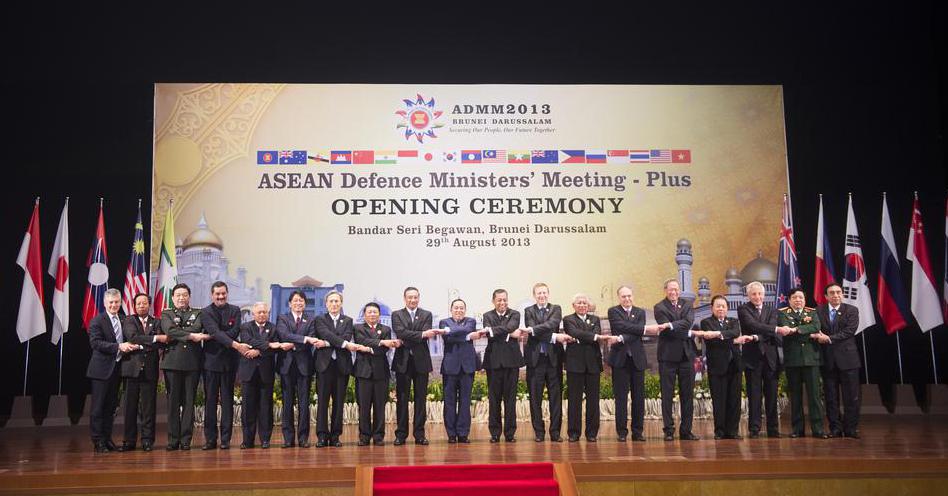At WiseGEEK, we're committed to delivering accurate, trustworthy information. Our expert-authored content is rigorously fact-checked and sourced from credible authorities. Discover how we uphold the highest standards in providing you with reliable knowledge.
What Is an Economic Network?
Simply defined, an economic network consists of individuals, groups, organizations, communities or entire nations that work with one another to benefit all of the networks members. Leveraging all the members’ competitive advantages, assets and resources, the economic network aims to increase the capacity for production and economic growth of its members collectively. Such networks may have a fixed membership, rotating membership or constantly changing membership, depending on the specific goals of the network. The idea is to increase the members' position in the marketplace. Participants in such networks will focus on recruiting, pooling knowledge and resources, and researching markets to uncover economic opportunities.
Many industries are based on an economic network, particularly beginning with the industrial revolution and the emphasis of national economies throughout the world. These networks arose in direct response to efficiency issues resulting from economies growing larger and less personal. Since networks could provide products and services collectively, this trend has continued through the 21st-century in order to mitigate the effects of a large economic structure, encompassing industries as well as networks of all sizes from individuals to nations in response to the globalized economy. Information has become the central, most valuable item within the economy, and economic networks are usually formed to pool together that information, share it and respond to it.

While a collective economic network like the Association of Southeast Asian Nations (ASEAN) can benefit substantially, individuals may benefit as well. Benefits for individuals, however, are very much dependent upon the network of connections among those individuals. Network structure often determines the outcome of potential economic relationships, usually determining how much information is exchanged and for what purposes. Other effects of network structure include exchanges of goods and services and exchanges of financial resources. Despite the importance of structure in an economic network, the development of theory and methods to analyze those structures is often lacking, being foundational at best.

Still, modern economic systems consistently trend toward economic networks. Creating a global system, these networks continually interact with one another through interdependencies of both knowledge and actions. Through such interdependencies, however, these networks can buckle when exposed to distrust, lack of transparency, and the pairing of banking and investment actions. Economic networks amplify the impact of these exposures and risks, including both economic failures and opportunistic actions meant to take advantage, rather than benefit the network. Due to these factors, research focused on optimizing the structure of economic networks is thought to be essential toward the goals of establishing economic sustainability and assuring system stability.
AS FEATURED ON:
AS FEATURED ON:












Discuss this Article
Post your comments